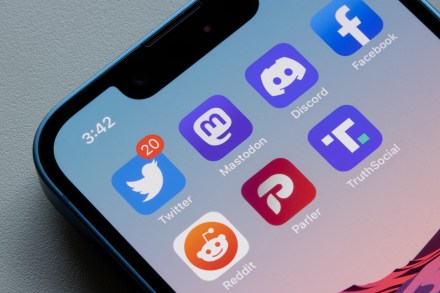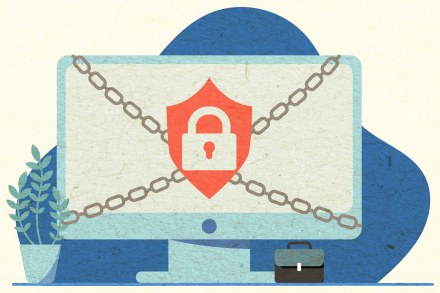It's time to make friends with AI
As a rule, ‘I told you so’ is an unattractive sentiment – simultaneously egotistic, narcissistic and triumphalist. Nonetheless, on this occasion: I told you so. Specifically, I told you so on 10 December last year, when I predicted in Spectator Life that 2023 might see humanity encounter its first non-human intellect, in the form of true artificial intelligence – or something so close to it that any caveats will appear quite trivial. My particular thesis was that this encounter might happen in the first months of this year, and that it might involve a new iteration – ‘GPT4’ – of the now infamous Generative Pre-Trained Transformers, which are behemothic computers force-fed




















